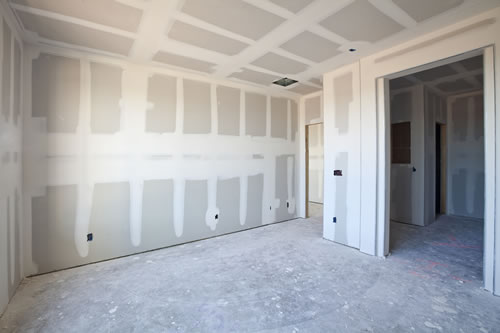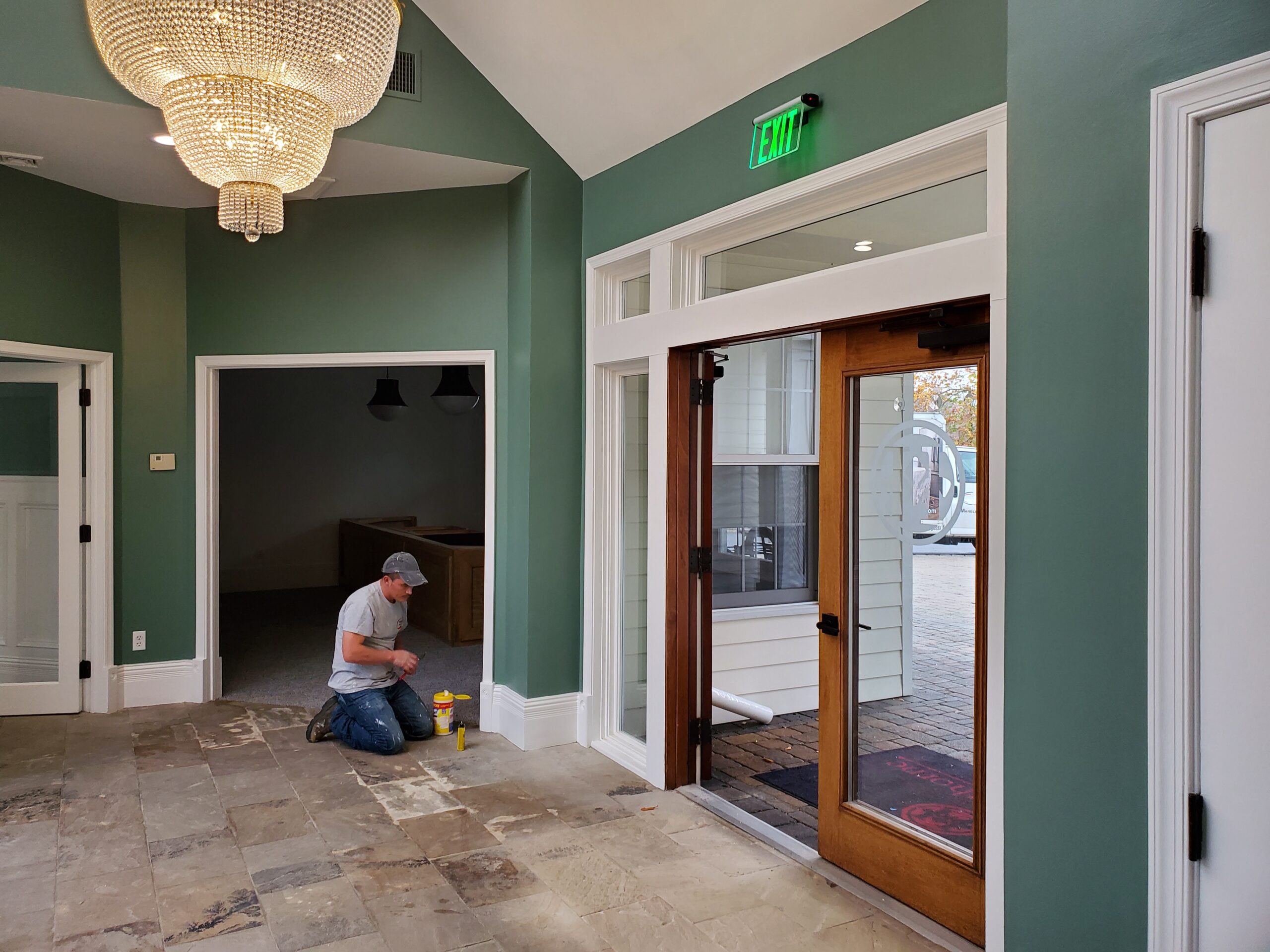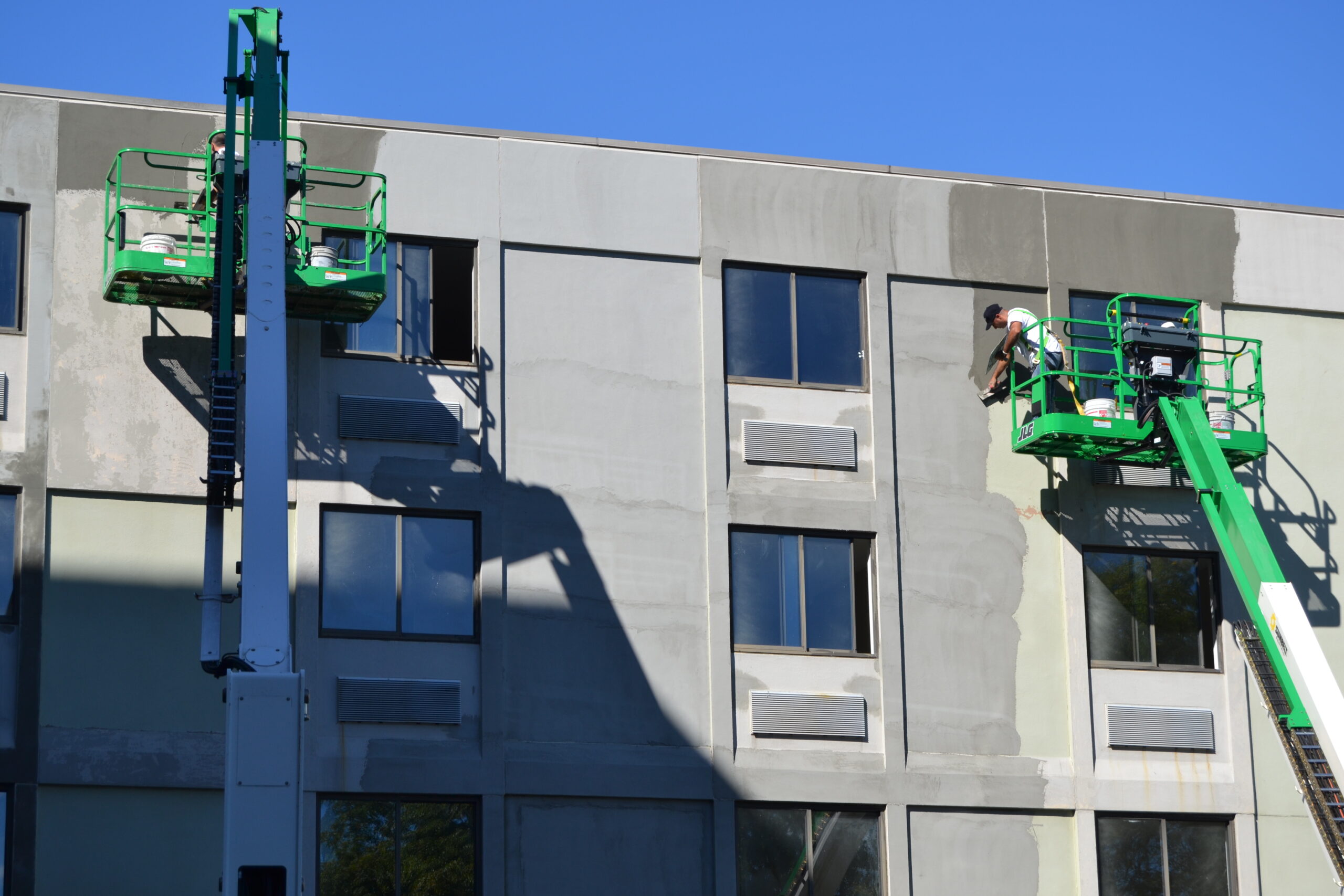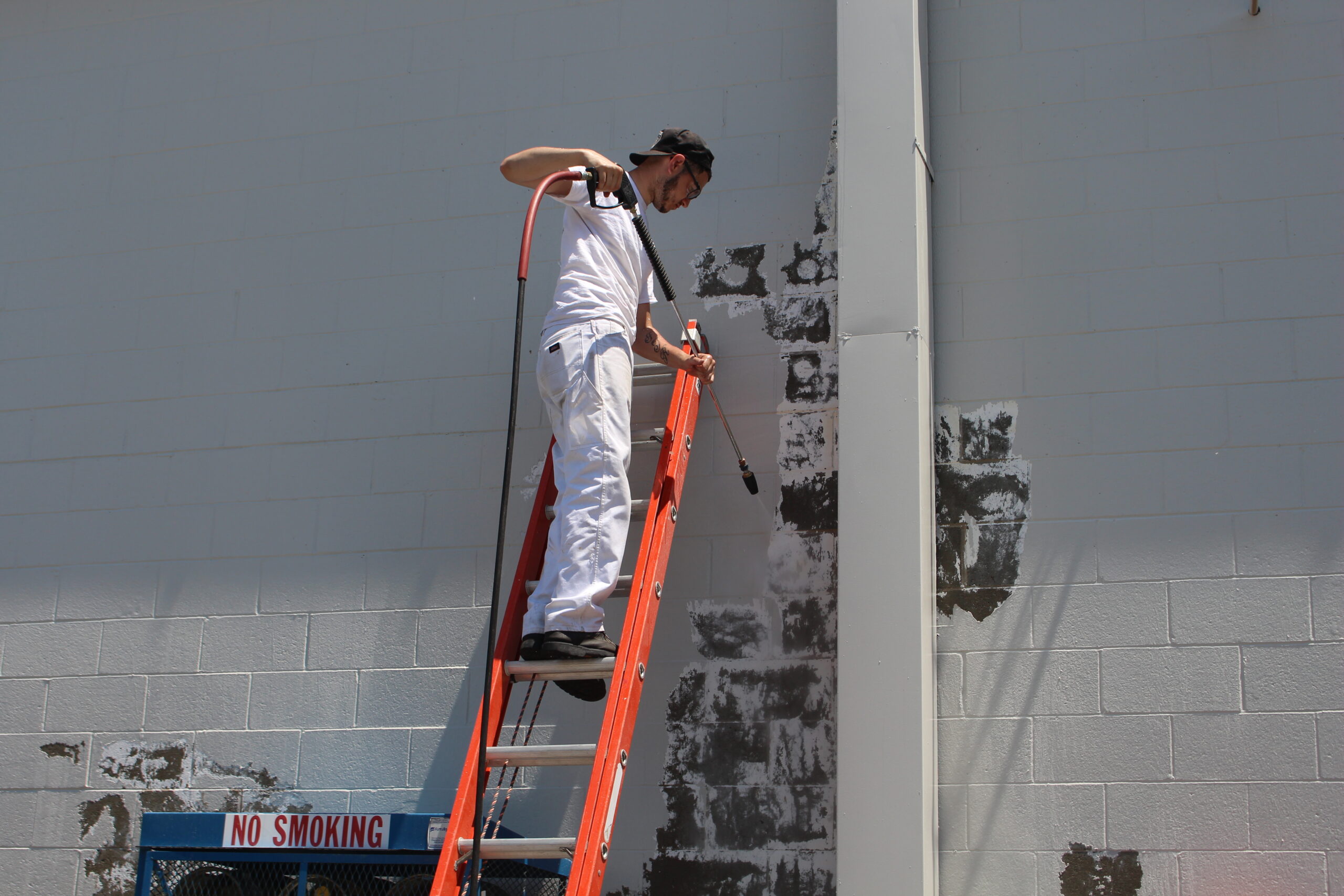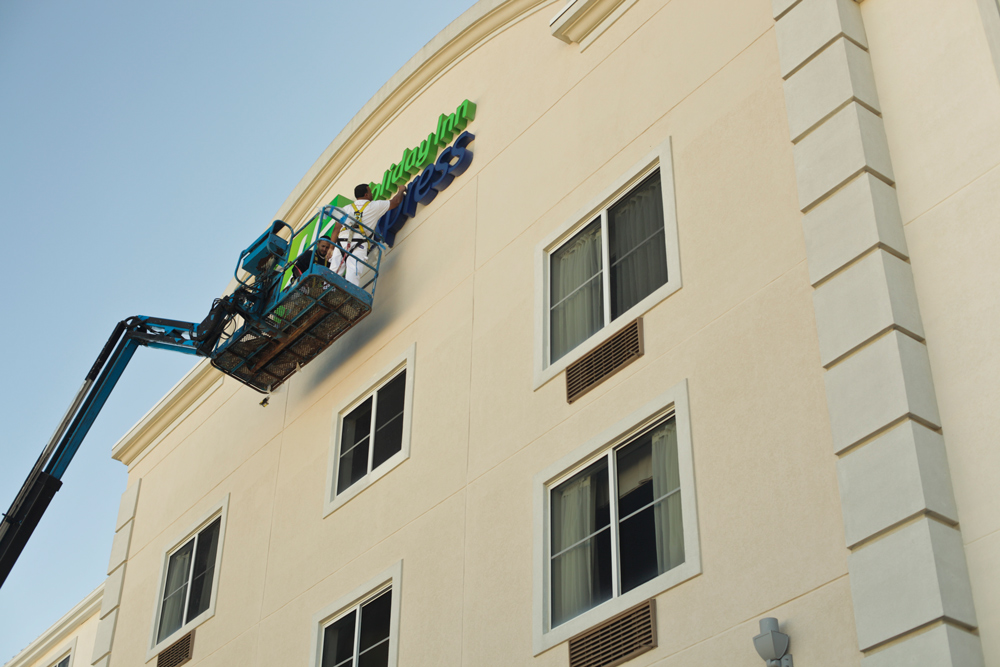
Before tackling any renovation project, it’s crucial to know what you should leave to the professionals. There’s no sense in spending countless hours on a project that needs to be redone soon after. Time and money are valuable commodities to everyone, so let’s figure out how to use them wisely!
If you own or manage property, you’ve probably asked yourself: “Can I do this alone?” or “Do I need help?” As professional contractors with decades of experience, we’re here to help you do that next renovation the right way. From knowing the project’s risk level to weighing out the time versus money predicament, there are certain precautions you must take. We’ve put together some simple guidelines for judging your next renovation, so listen up!
The Risk Factor

It’s foolish to embark on a mission that will likely cause you pain or injury. Of course, when renovating, there is usually chance of damage – to you and your property – but it depends on how high the chance is. A DIY job for a property owner or resident without experience shouldn’t usually include electrical or natural gas work. If it’s more than fixing a toilet, plumbing also falls under this category since it often takes more tools and knowledge than the average person has.
When you get into knocking things down or “opening up a space,” you are better off hiring a professional. The inners of the wall can quickly alter what seems like a simple, and potentially fun, stress-relieving activity. The electrical wiring, plumbing or whether it’s a load-bearing wall, matters. Check to see if there are building codes or mandated safety purposes for the job you’re attempting. If so, that’s usually a telling sign that this project is over your head.
Bottom line: If it’s not a simple fix, involves more knowledge than you have, or requires a permit, hire a professional.
The Time Factor

DIY saves you money, right? Well, sometimes it does. Other times, the amount of time and effort you exert break the bank. Like any reasonable planning exercise, take a minute to estimate how many hours you’re willing to spend on the project. Comparing that amount with hourly prices of local contractors will give you a good idea of how much money you’ll be saving (or losing).
If you want to paint a few interior rooms, or do some light landscaping, those are perfect for DIY. But, even bigger projects that you can do may have your property in shambles for far too long. Residents or customers will most likely get annoyed and so will you. No one likes having to step around dirt and caution tape on their way to their room or office.
Bottom line: Calculate our supply costs, the size of the project and compare prices to local contractors.
The Technology Factor

Having the proper equipment to carry out a project is necessary, and sometimes that equipment is expensive and difficult to operate correctly and efficiently. A small power washing project is one thing (if you own a power washer), but once you involve blades and electricity, things have the potential to get messy.
Usually, a good sign of a do-or-don’t DIY project is how advanced the technology is that you need. The more advanced, the more difficult or out-of-reach the project might be.
Bottom line: Don’t invest in a power saw before you do your research.
Experience Factor

If you do have the necessary equipment, you obviously need to know how to use it. It really all comes down to experience. Roofing can be extremely dangerous and taxing, but if you worked as a roofer for multiple years, then you probably know what you’re doing. That being said, the majority of property owners don’t
Preparing for a DIY renovation is a good time to be honest with yourself. Can you start the task AND complete it? That’s what matters. Only you will enjoy a long-term, slow-moving personal project. If you don’t have the experience, and have weighed out the risks, technology and time factors, maybe it’s time to call a trusted professional.
Bottom line: If you don’t know what you’re doing and the task seems hefty, don’t force it.
Conclusion
When preparing for a possible DIY renovation, you must prepare for mistakes. Everyone makes them, even professionals. The big difference between you and a professional contractor is that if a professional screws up, they know how to counteract the mistake quickly and effectively. If you mess up, the outcome could be dire. We love people with the DIY energy who are eager to learn a new skill, but we want them and everyone else involved to be safe.
With over 30 years of experience re:fab can help! Contact us today for your free quote! Check out our Google Reviews here!



